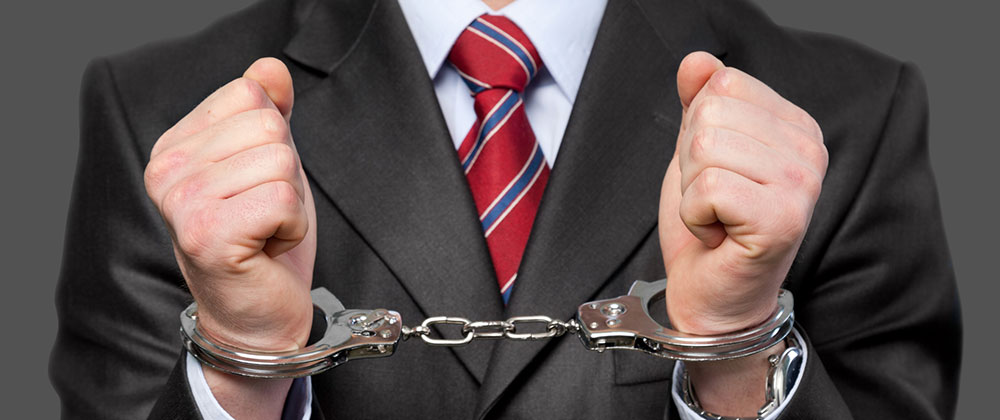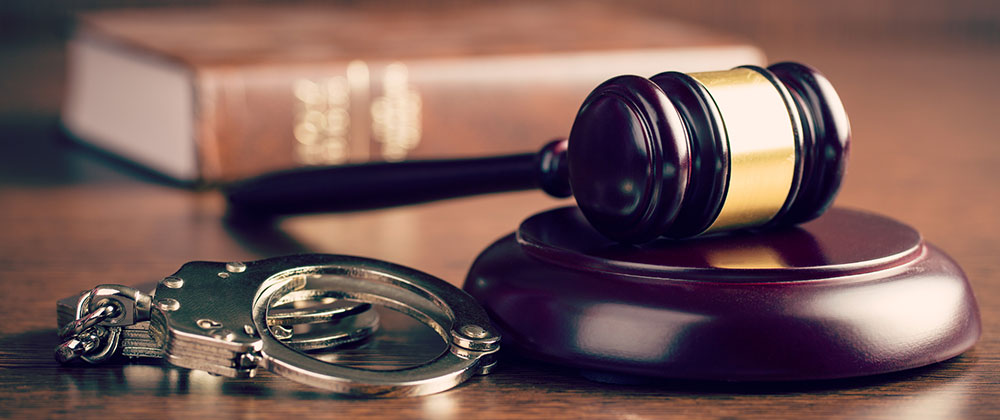If you are charged with a crime, you have a right to a speedy trial under both the U.S. Constitution and Florida law. This means that your trial must occur within a specified time from the date of your arrest unless you waive your speedy trial rights. If you are facing criminal charges, here’s some information about the Florida speedy trial rule from the Saint Lucie criminal defense lawyers at Kirschner & McEnery Law.
What Is a Speedy Trial in Florida?
Florida includes the rules for speedy trial in criminal cases in Fla. R. Crim. P. Rule 3.191. Under this rule, anyone who is arrested for a crime must have a trial within the following times from the date of their arrest:
- Misdemeanor trials – Within 90 days
- Felony trials – Within 175 days
The court must schedule your trial by these deadlines unless you waive your Florida speedy trial rights. In certain situations, a trial might be scheduled faster if the defendant files a demand for a speedy trial. Here’s what to know.
Waivers of Speedy Trial Rights
Your case will be scheduled for trial within 90 days of your arrest for a misdemeanor offense or within 175 days of your arrest for a felony offense to comply with the speedy trial rule. However, this amount of time might not be enough for your lawyer to fully investigate your case and prepare a strong defense for trial. At the beginning of a criminal case, the prosecution holds all of the evidence. The police likely already contacted witnesses.
Your attorney will need time to obtain discovery from the prosecution, review the evidence, contact and interview witnesses, and complete the defense investigation. Your Saint Lucie criminal defense lawyer might need to file motions and take depositions. If it’s not possible for your lawyer to complete all of these tasks within the speedy trial period, you would be forced to go to trial without adequate preparation unless you waive your right to a speedy trial. You might also need to waive your speedy trial rights to give your attorney more time to negotiate with the prosecution.
Effect of the Expiration of the Speedy Trial Period Without a Trial
If you haven’t waived your speedy trial rights, and a trial is not held before the speedy trial period expires, you can file a notice that the speedy trial time has expired. Five days after you file the notice, the court must hold a hearing. The court must then order your trial to be held within 10 days. If it is not, you can then file a motion to have your charges dismissed with prejudice, which means they can’t be filed again.
However, if you are the reason why your trial is not held within the speedy trial period, you will not be able to have your charges dismissed.
Demands for Speedy Trial
Defendants are allowed to demand to be brought to trial within 60 days of when they are arrested. Within five days of filing a demand, the court will calendar the case and set the trial to start within five to 45 days. This means you could have a trial within 10 days of when you file a speedy trial demand. If the prosecution fails to bring you to trial within 50 days, the court would dismiss the case against you.
However, filing a speedy trial demand comes with substantial risk because your demand communicates you are ready for trial. This means you are stating you and your lawyer have already completed the investigation, reviewed all of the evidence, interviewed the witnesses, and are ready to go to trial within five days. You won’t be able to ask for a continuance if you show up for the trial and find that the state is ready to proceed.
There are a few situations under which the prosecutor won’t be ready to proceed, including when a critical witness is unavailable or the state needs more time to finish analyzing the evidence. However, the state will typically be ready for trial, so it’s not a good idea to gamble on their ability to proceed.
Extensions of the Speedy Trial Period
In some cases, the parties will agree to extend the speedy trial period by filing a written stipulation or by stipulating to the extension in court. The court can also order an extension on its own motion or after a motion filed by either the defense or prosecution under exceptional circumstances. The defendant can also file a motion for an extension. If the defendant shows good cause, the court can order an extension.
Other situations in which the speedy trial period can be extended include the following:
- Necessary delay to determine the defendant’s physical ability or mental competency to go to trial
- Delay to hold motions hearings
- Delay for a state-filed appeal
- Delay for the defense to complete DNA testing of evidence following a defense motion
Exceptional Circumstances
The court can set a trial outside of the speedy trial period when the judge determines one of the following exceptional circumstances exist:
- The unexpected illness or unavoidable absence of the prosecutor, defense lawyer, defendant, or a critical witness
- Evidence from the state that the case is too complex for the prosecution to adequately investigate and prepare the case within the speedy trial period
- Evidence presented by the state showing that necessary testimony or evidence will not be available until a later time despite the prosecutor’s efforts to secure it for trial
- Evidence presented by either party showing that unanticipated developments have occurred that could materially impact the trial
- Delay required to accommodate a codefendant
Avoidable delays, those that can be foreseen, and a lack of diligence on the part of either the prosecutor or the defense are not exceptional circumstances and won’t form the basis of a continuance.
Consult a Saint Lucie Criminal Defense Lawyer
Florida speedy trial rights are in place to ensure people charged with crimes are brought to trial instead of languishing in jail without their cases being heard. However, a waiver of your speedy trial rights might be important to allow your attorney time to fully investigate and prepare your defense. To learn more about Florida speedy trial rules and how they might affect your case, contact the attorneys at Kirschner & McEnery Law today at (772) 489-8501.




